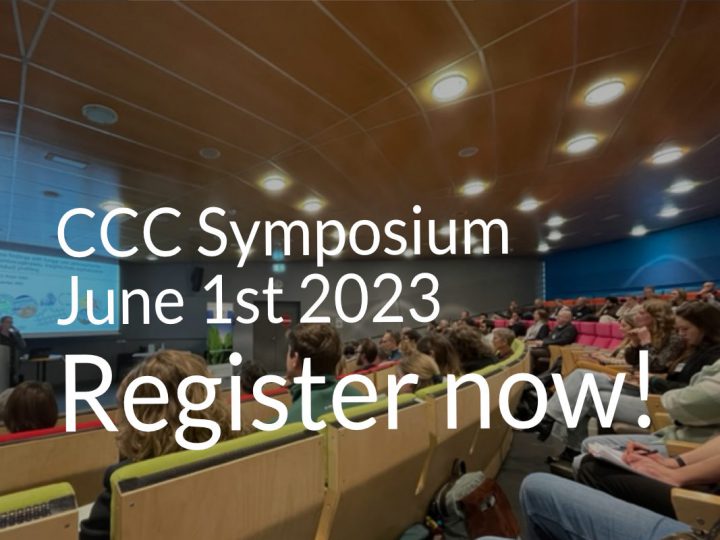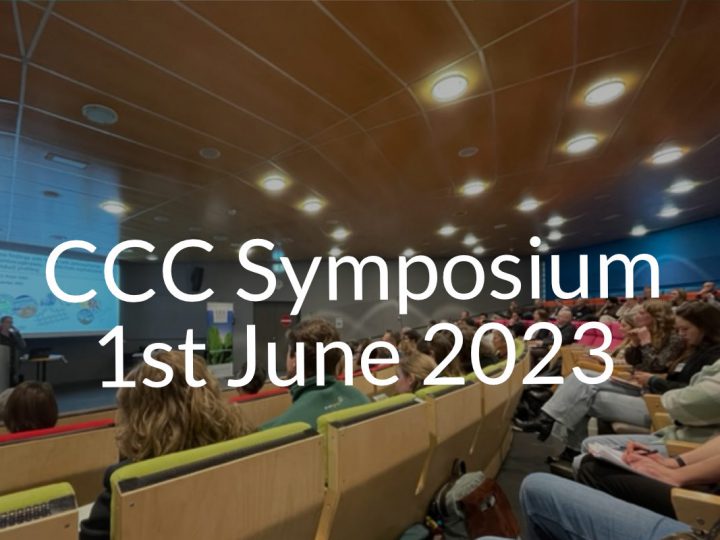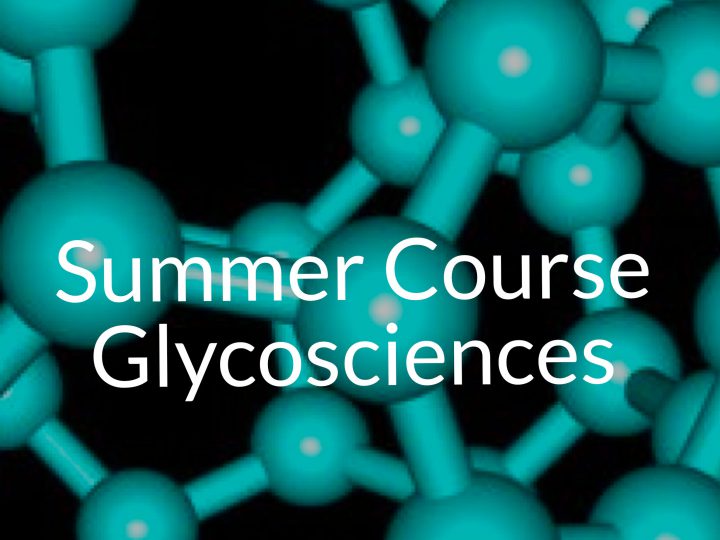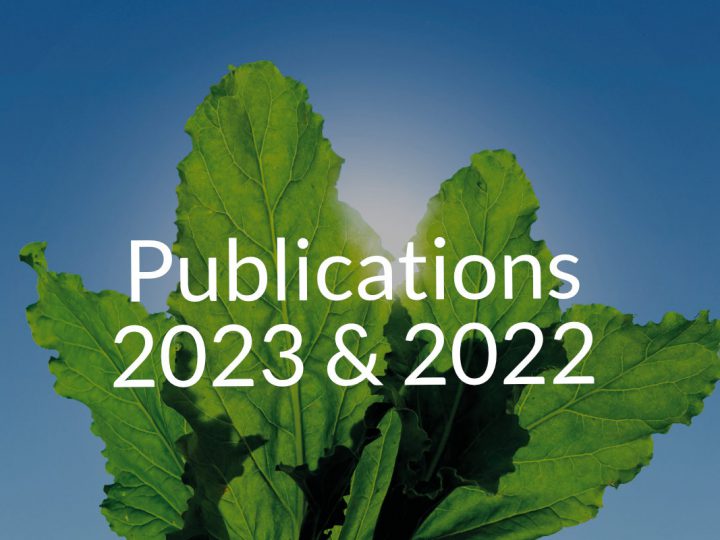Marco van den Berg is principal scientist at the DSM Biochemistry Center in Delft. He has been part of CCC activities for years and is currently one of the members of CCC’s Supervisory Board. “One of the innovation areas at DSM concerns Nutrition and Health. Within our so-called Corporate Research Program, we have defined a number of themes linked to our business needs; one of which is human and animal gut health. To support this theme, we decided to join CCC.”
Food Specialties and Nutritional Products
Royal DSM is a global purpose-led, science-based company in Nutrition, Health and Sustainable Living and delivers innovative solutions for human nutrition, animal nutrition, personal care and aroma, medical devices, green products and applications, and new mobility and connectivity. The company was founded in 1902 and is listed on Euronext Amsterdam. Two DSM business units are involved in CCC programs: DSM Food Specialties and DSM Nutritional Products.
Logical choice to join CCC
DSM realized the importance of carbohydrates as ingredients and was already looking for public private partnerships to strengthen its internal research when CCC was setting up CCC2. “The call for CCC2 came at exactly the right moment. Joining the consortium was a logical choice: we had high expectations of the results and we were not disappointed at all.” DSM was involved in the research project about the effect of pectin on animal health. “CCC2 helped us to determine whether pectins can also be used for nutritional and health purposes. Moreover, we investigated if our enzymes could act as a catalyst to liberate functional pectin fractions. We still have a long way to go before we can use the results in actual applications, but we are pleased with the knowledge we gained through our association.”
Finding a match between research and business needs
Although DSM has been part of CCC from the beginning, the company does not join every CCC program. Van den Berg: “Each time we decide whether a program complements our own strategic plans and priorities: does a program contribute to our future business? For example, do we need more knowledge about a certain enzyme activity or a fibre? Those are questions we pose before deciding to join a program. We are good at translating knowledge into applications and matching to business needs. To do this, we need to have knowledge of the applications as well as the underlying fundamental science.”
Unraveling the pectin molecule
Currently, DSM is taking part in the CCC program CarboKinetics. Van den Berg: “It is now time to take the knowledge about enzymes and pectins to the next level. Since CCC2 we know more about the structure-function relation of pectin molecules. Now, we wish to unravel the heterogeneity of this molecule and learn about the possible effects of the structural elements of pectin on human and animal gut health.”
Interesting eyeopeners
Working in a consortium with other industrial parties is interesting, according to Van den Berg: “You should not expect to find the goose that lays the golden eggs. If that is your goal, you better do all the research yourself. In a consortium you have to compromise. But you also profit from what the other parties bring to the table. At the same time, we offer our input. It is my experience that such collaborations at precompetitive stage often results in interesting eyeopeners for everyone concerned.”





